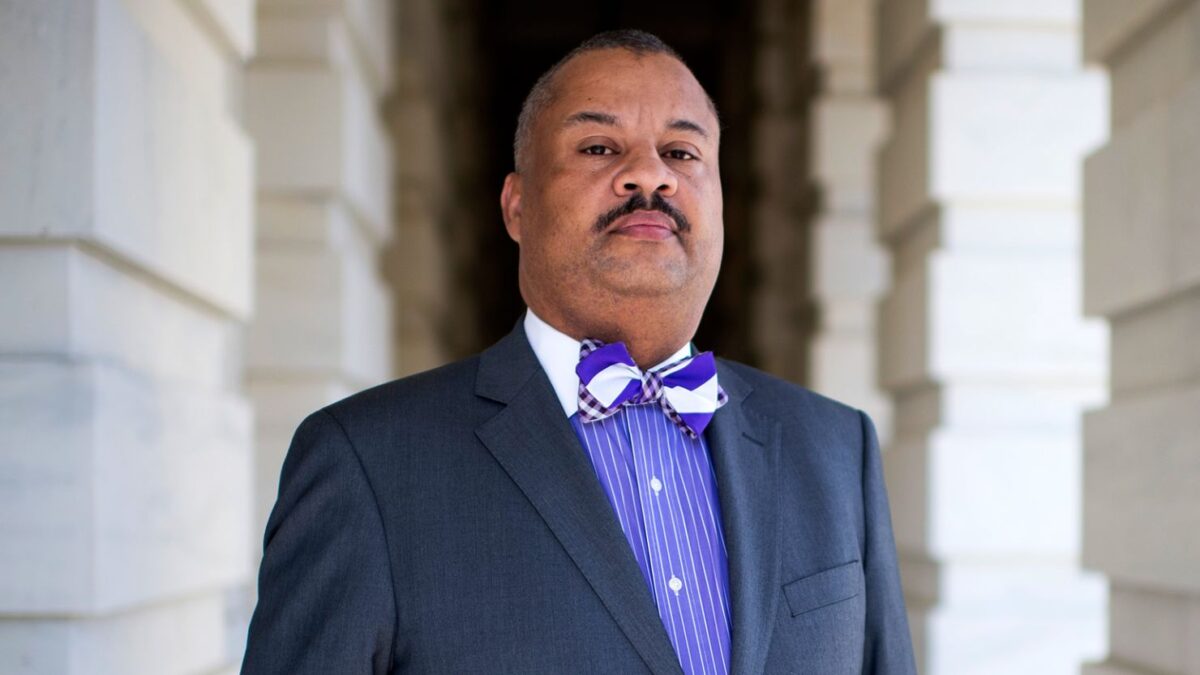On March 6, 2020, the death of Democratic Congressman Donald M. Payne, Jr. (D-Newark) left an open seat in New Jersey's 10th district, creating an unprecedented situation for filling a congressional seat. Payne, who was unopposed in the June 4 Democratic primary, had already been printed on the ballot and early voting had begun. This has left many questioning how his seat will be filled and what happens next.
Despite his passing, Payne's name will remain on the ballot in the primary. New Jersey law does not provide a mechanism for removing the name of a deceased candidate from the ballot, especially after voting has begun. This means that Payne could potentially win the primary election even though he is no longer alive.
After the primary election, Secretary of State Tahesha Way will declare a vacancy for the Democratic nomination for Congress in the 10th district. This will leave it up to the Democratic county committee members, who represent the 18 municipalities in the district, to select a replacement candidate. This decision will be made in a convention called by the Democratic county chairs in Essex, Hudson, and Union counties. The 1,084 possible votes from county committee members will determine the nominee.
However, the rules surrounding the selection process are still unclear. It will be up to the three county chairs to decide if appointed county committee members may vote and if there will be any deadlines to certify an official list of voters. Additionally, there is no specified number of votes needed to win, which could lead to potential runoffs or revotes.
Any Democratic candidate for the U.S. House of Representatives must be a resident of the state by Election Day, but they are not required to live in the 10th district. This means that the replacement candidate could potentially come from outside the district.
There is also the possibility of a special election being called by Governor Phil Murphy to fill Payne's unexpired term. However, the deadline for filling this spot is not clear, and it would require special primary and general elections.
In the meantime, Payne's congressional office will continue to operate under the supervision of the Clerk of the House. They will not have voting representation and may not advocate for public policy positions, but can still work on pending casework files. Payne's staff will also remain employed, despite their office being widely viewed as one of the least effective on Capitol Hill.
Payne's campaign funds, totaling $109,060 as of March 31, are currently under the control of his campaign treasurer. However, the final decision on how the money will be used rests with the Payne family. They may choose to use the funds for political or charitable purposes.
Overall, the situation surrounding the replacement of Congressman Payne remains complex and unprecedented. Many questions still remain, including how the voting process will be conducted and if there will even be a special election. Only time will tell how this situation will be resolved and who will ultimately fill the vacant congressional seat in New Jersey's 10th district.

